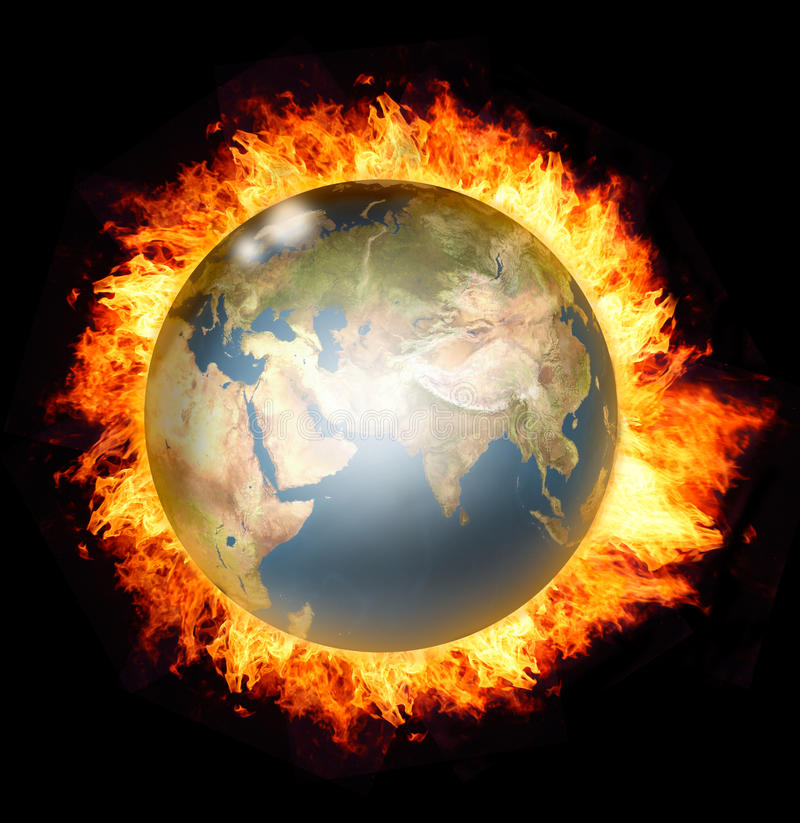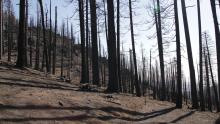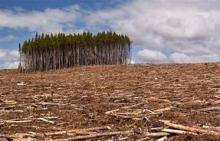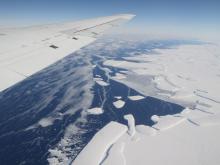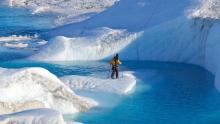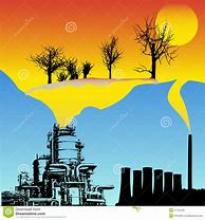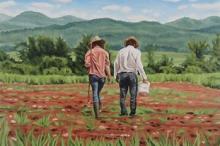Category: Biodiversity / Biodevastation
-

Nationalize or Neutralize: How to End the Fossil Fuel Industry
Most talk about the climate crisis comes at it from the “demand side” — how to reduce demand for fossil fuels (FF) by replacing them with renewable electricity or becoming more efficient in the use of FF. We need to look at it from the “supply side” too. Ongoing extraction of oil, methane (natural gas)…
-
India – Birds Drop out of the Sky, People Die
In case you have lingering doubts about the reality of human-caused global warming, hop on an airplane to parts of India or Pakistan and spend a few days. And, as long as you’re there, maybe be a good citizen and pick up a few of the dehydrated birds that drop out of the sky. Then,…
-
World Drought Gets Worse, Cities Ration
The planet is wheezing, coughing and sputtering because of vicious attacks by worldwide droughts aided and abetted by global warming at only 1.2C above baseline. Some major metropolises are rationing water. What’ll happen at 1.5C? It’s not as if droughts are not a normal feature of the climate system. They are, but the problem nowadays…
-

Climate Change is Killing Trees
A long time ago in the Milky Way galaxy on a planet named Earth the trees died. It only happened once in the planet’s history. It was during the Permian-Triassic 252 million years ago. Henk Visscher, PhD, Department of Earth Sciences, Utrecht University, makes a living studying exposed fossil beds of the transitional period of…
-

Wood Pellet Manufacturing in a Rainforest
The wood-pellet industry has full-scale operations smack dab in the heart of British Columbia’s Inland Temperate Rainforest, the last rainforest of its kind in the North. The fabled rainforest contains cedars of up to 12–15 feet in diameter and up to 2,000 years old. Its extraordinarily rich ecosystem is home to 2,400 plant species and…
-

Antarctica on Edge
East Antarctica, often times referred to as “the final frontier of global warming,” is making headlines once again. A few weeks ago East Antarctica’s temperatures soared by 50F–90F above normal. (Ref: Antarctica Crushes Records, March 23, 2022) A couple of weeks later East Antarctica’s Conger Ice Shelf (1,200 sq km) completely collapsed and two additional…
-

The Truth About IPCC Reports
The Intergovernmental Panel on Climate Change (IPCC) in many respects is a Delphic institution whose reports are a function of political discretion as it provides justification for nation-state policies that are seldom fulfilled, e.g., only a handful of the 193 signatory nations to Paris ’15 have met commitments. This scandalous outright failure at a dicey…
-

Climate Breakdown
The Intergovernmental Panel on Climate Change (IPCC) has issued its direst warning of all-time: “Climate breakdown is accelerating rapidly.” Additionally, they readily admit to overly conservative predictions: “Many impacts will be more severe than originally predicted.” (Source: The Intergovernmental Panel on Climate Change, Working Group II Sixth Assessment Report, 2022) The crowning blow of this…
-
On the Dialectics of Technology: Past and Present
Since the heyday of technological determinism in the 1960s, many authors have written eloquently about how developments in technology are more typically the outcome of particular social and economic arrangements. Some contributions that have significantly shaped my own thinking include: • Lewis Mumford’s observation that inventions like glass and steam engines were first developed for…
-

Scenario 2050
No one knows what the world will be like in 2050 as a result of the worsening climate. My scenario suggests that the worst effects will not be directly caused by climate change but by human-created conditions that make our supposedly mighty civilization fragile. These conditions include excessive extraction, production, consumption and waste from a…

